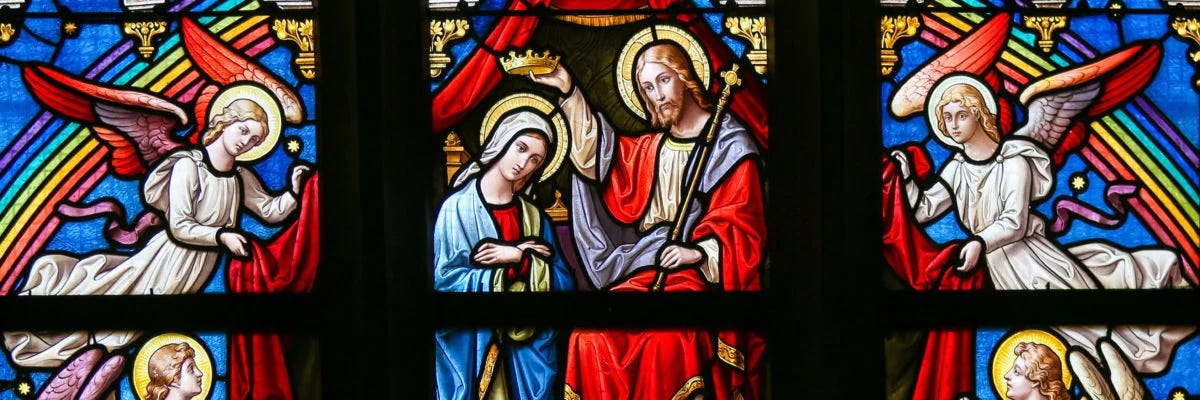Christ > Religion
King David doesn't shy away from carbs. Neither should we!
Do you view the world through stained glass? Does your religion mean more to you than your relationship with Christ and others? Tough questions.
In 1 Samuel 21, David and his men, fleeing from King Saul and in need of energy and fuel, sought provisions from the priest Ahimelek at Nob. The only available food was the consecrated bread, the showbread, which was traditionally reserved for priests. David convinced Ahimelek of the urgency of their situation, and they consumed the bread. This act, while seemingly violating religious law, highlights a moment where human necessity intersected with ritualistic religious practice.
Centuries later, as recorded in Matthew 12, Jesus' disciples were observed picking and eating grain on the Sabbath, prompting criticism from the Pharisees. Jesus responded by referencing this very account of David and the consecrated bread. He questioned the Pharisees' understanding of the law, suggesting that mercy and human need could overrule strict adherence to ritualistic regulations or even practice.
Jesus' reference to the David narrative underscores a significant shift in understanding religious practice. He emphasized the spirit of the law over its literal interpretation, prioritizing compassion and the well-being of individuals.
He's not throwing out the Old Testament, but he's definitely reinterpreting it through the lens of love and compassion. He's showing that the spirit behind the law matters, not just the letter of it.
Think about it – Jesus changes everything. He's ushering in a new covenant, a new way of relating to God and each other. Our religious practices, even things that seemed so set in stone, are now viewed through this lens of grace and understanding and sometimes need. It's not about just shading in boxes or following rules blindly. It's about love, mercy, and recognizing the real needs of people. Our greatest need is to know Christ personally through His word and prayer. It really is that simple.
